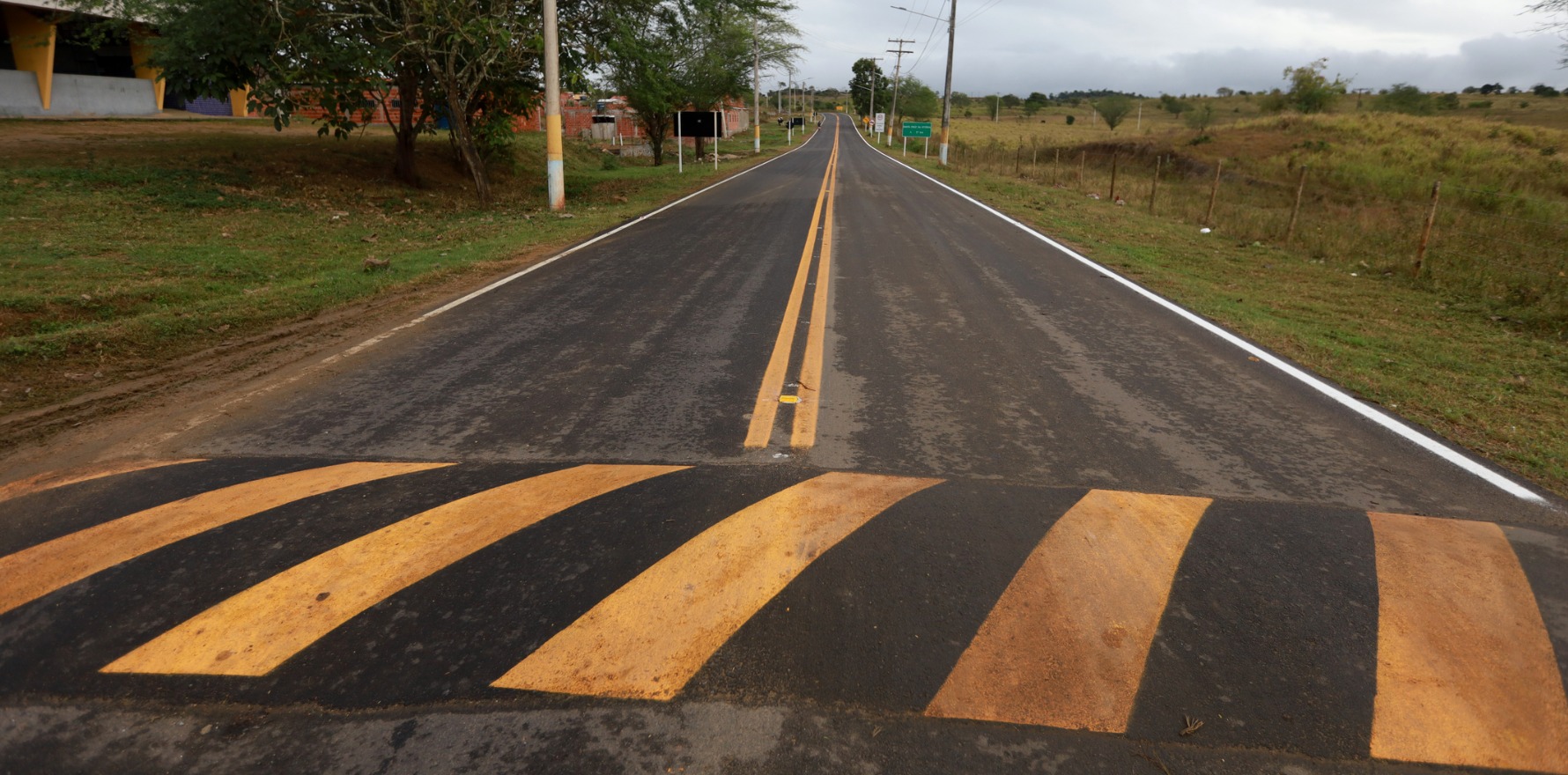Although the drug was well tolerated by patients, it failed to reduce the rate of vaso-occlusive crises compared to placebo.
A multicentre phase 3 trial in patients with sickle cell disease found crizanlizumab to be no more effective than placebo at reducing the rate of vaso-occlusive crises.
Previous research suggests that crizanlizumab, a monoclonal antibody that inhibits P-selectin – a critical component of multicellular adhesions that lead to vaso-occlusive crises in sickle cell disease – can reduce the rate of vaso-occlusive crises at lower doses.
In an effort to assess the safety and efficacy of crizanlizumab at higher doses, an international consortium of researchers undertook the STAND trial. As part of the trial, 252 patients with sickle cell disease were recruited from 65 sites spread across more than 20 countries and randomised to receive either 5mg/kg of crizanlizumab, 10mg/kg of crizanlizumab or placebo. Participants received treatment intravenously on day one, day 15 and then every four weeks for a year.
But the findings from the STAND trial, published in The Lancet Haematology, show that neither the 5mg/kg dose (rate ratio 1.08, 95% confidence interval 0.76-1.55) nor the 7.5mg/kg dose (0.89, 0.62-1.27) of crizanlizumab reduced the rate of vaso-occlusive crises relative to placebo.
These rates were reflected by the average number of vaso-occlusive crises leading to healthcare visits between the three groups: 2.5 for the 5mg/kg group, 1.9 for the 7.5mg/kg group and 2.1 for the placebo group.
One in four randomised patients discontinued treatment during the course of the study, most frequently due to the participant electing to withdraw. Deviations to the protocol or course of treatment were common. Roughly one in three patients in each group changing from the original protocol, while approximately one in six patients experienced a treatment deviation – resulting in missed visits, dose interruptions and shorter exposure to crizanlizumab or placebo.
Adverse events occurred at a similar rate between groups, with 88% of the 5mg/kg group, 93% of the 7.5mg group and 91% of the placebo group reporting at least one adverse event. Only 25-30% of patients experienced treatment-related adverse events, with covid being the most commonly reported adverse event ahead of pyrexia, headache and nausea.
The researchers felt the impact of the covid pandemic – and the various measures implemented by governments across the globe to limit the spread of the virus – was a key reason underlying the lack of significant findings.
“These measures had a two-pronged effect on patients with sickle cell disease, as well as other noncommunicable disorders. First, a marked reduction in access and consumption of health services was observed; this was associated with delays in health-care amenities, as well as noncompliance with follow-up visits,” they wrote.
“Fewer patients with sickle cell disease sought hospitalisations at this time, possibly due to the fear of contracting covid, and substantial delays in receiving treatment at health-care centres were noted, despite patients presenting with distressing symptoms.
“Second, issues with access as well as compliance with general directives for infection prevention might have caused patients to stay indoors and maintain good health practices, including increased fluid intake and rest, potentially leading to improved general wellbeing. Such practices, along with social distancing and a lower incidence of common viral infections, could have resulted in reductions in vaso-occlusive crises among the study patients.”
An accompanying editorial penned by Dr Sebastian Mendez-Marti (an internal medicine specialist) and Professor Swee Lay Thein (a consultant haematologist), both from The National Heart, Lung and Blood Institute in Maryland, USA, reinforced the notion that while crizanlizumab has potential to effectively manage complications arising from sickle cell disease, further research is needed to better understand its efficacy and which patients may benefit the most from receiving it.
“The upcoming SPARKLE phase 3 trial, a multicentre, randomised, placebo-controlled double-blind study, re-examining the efficacy and safety of crizanlizumab in adult patients with frequent crises and stratified by hydroxyurea usage and region at baseline, might shed further light on where we stand with crizanlizumab,” the pair wrote.
According to the latest update on the SPARKLE trial’s ClinicalTrials.gov page, recruitment has commenced at eight US sites in Florida, Georgia, New York and North Carolina. Three Columbian sites are also recruiting patients. The SPARKLE trial is expected to run until at least March 2029.
Crizanlizumab was approved for use in Australia by the TGA in 2021. The European Medicines Agency withdrew their approval for crizanlizumab as a preventative agent for vaso-occlusive crises in 2023 after preliminary results from the STAND study led to questions regarding its safety and efficacy. The product is still approved for use by the FDA in the US.


